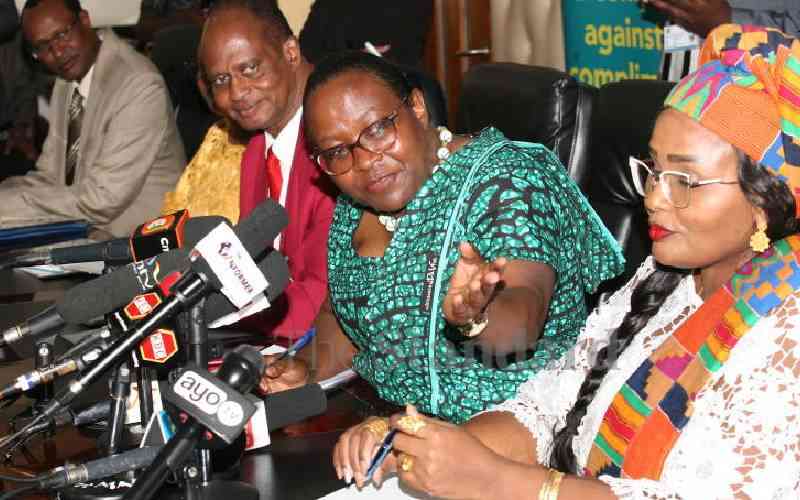×
The Standard e-Paper
Kenya's Bold Newspaper

In its heydays, the Independent Policing Oversight Authority (Ipoa) was among the few institutions that inspired public confidence.
Ipoa, led by Macharia Njeru, had made a name for itself in the manner and style in which it carried out its mandate.